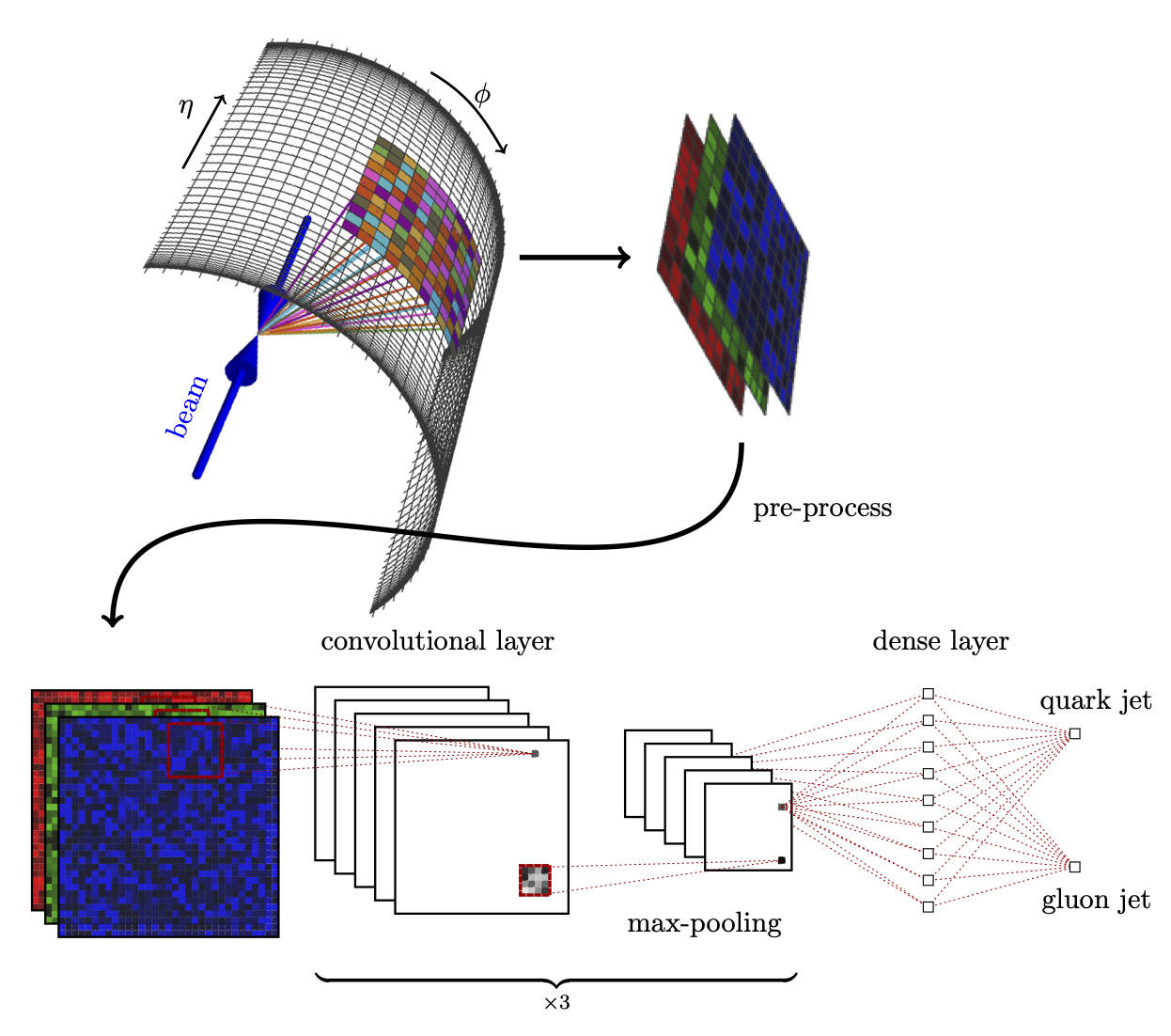UCSD PHYS 139/239: Machine Learning in Physics#

Course information#
This course is an upper-division undergraduate course and introductory graduate course on machine learning in physics. No previous machine learning knowledge is necessary. However, some basic knowledge of calculus, linear algebra, statistics, and Python programming may be expected/useful. The course structure will consist of weekly lectures on conceptual topics, e.g. statistics, linear algebra, scientific data set exploration, feature engineering, (stochastic) gradient descent, neural networks, and unsupervised learning. Students will learn key concepts in data science and machine learning, including selecting and preprocessing data, designing machine learning models, evaluating model performance, and relating model inputs and outputs to the underlying physics concepts. We will apply these methods to the domains of collider physics, neutrino physics, astronomy, and potentially others. There will be 4 homework assignments. There will also be a final project in which students will work in groups to reproduce the results of an ML in physics research article. A midterm assignment to propose the project will also be required.
Student learning outcomes#
Upon successful completion of Physics 139/239, students will be able to:
Find, explore, select, and preprocess scientific data
Choose and design machine learning models
Evaluate model performance and compare to standard benchmarks
Debug machine learning workflows
Relate model inputs and outputs to underlying physics concepts
Collaborate with peers to tackle complex, realistic problems
Present findings
Links#
Schedule#
Week 1
Week 2
Week 3
Week 4
Week 5
Week 6
Week 7
Week 8
Week 9
Finals Week
References


